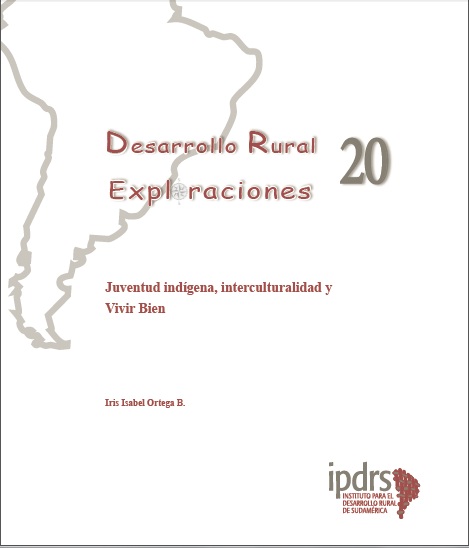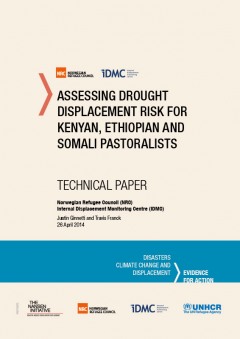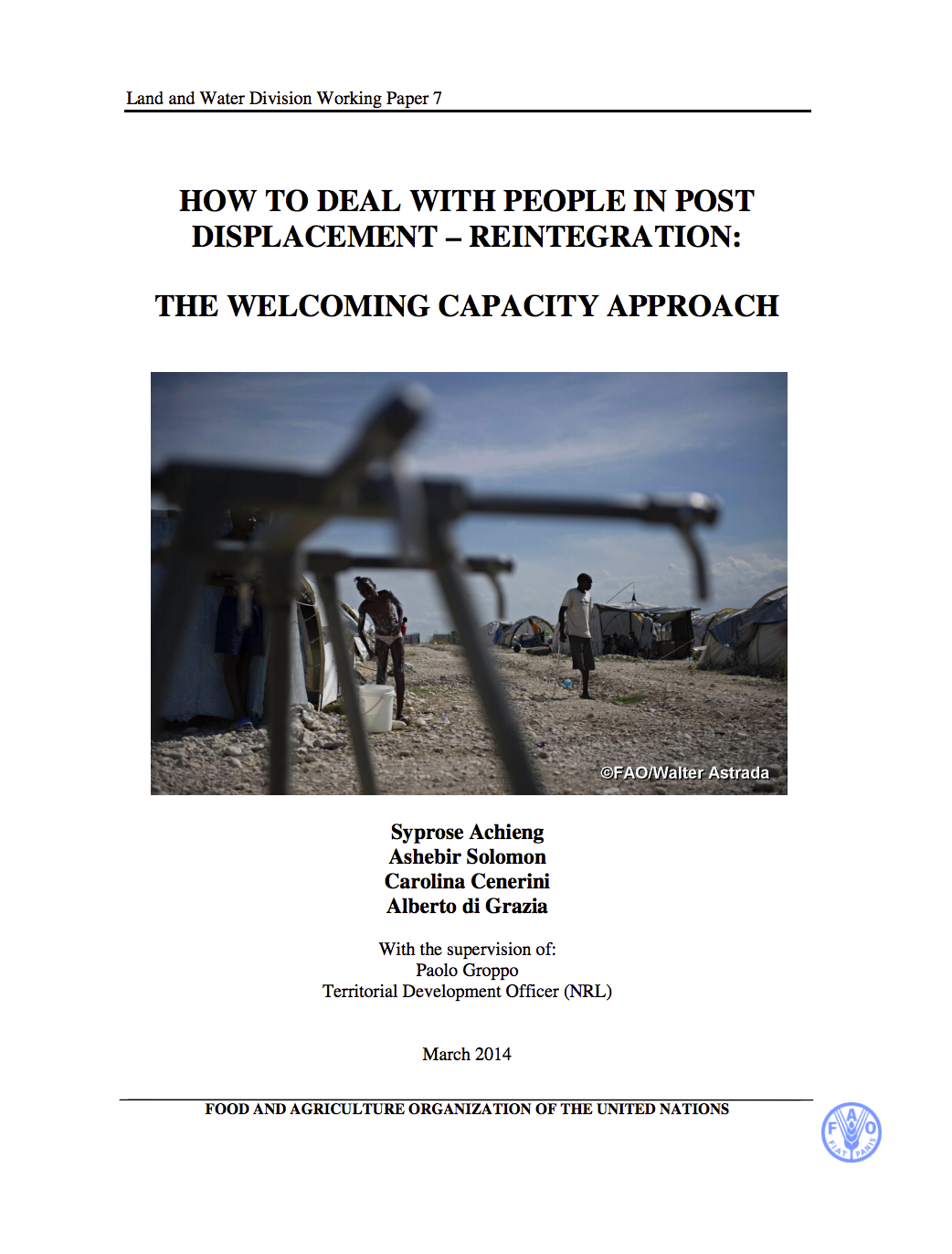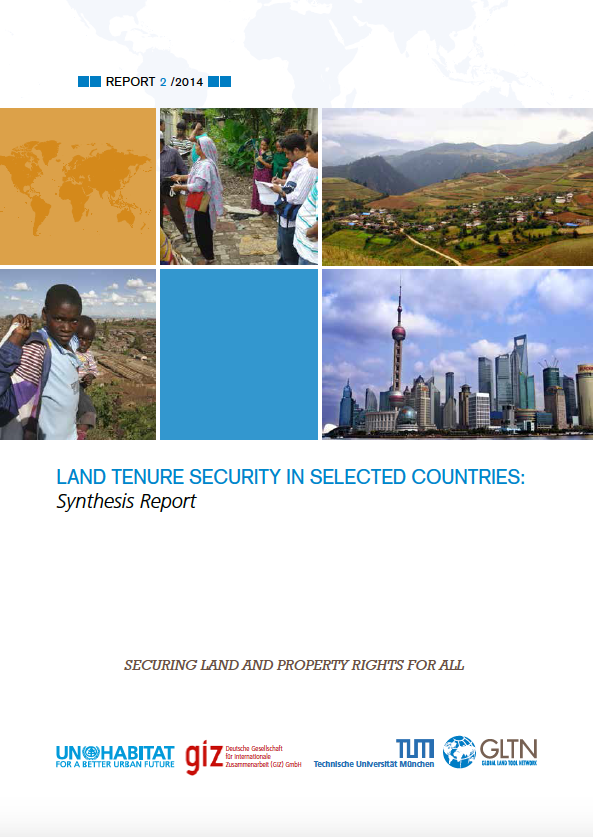Juventud indígena, interculturalidad y Vivir Bien
El texto que presentamos a las y los visitantes de nuestra página recibió el tercer premio en la categoría ensayos del Concurso Alimentos y pensamientos, siempre en agenda con el tema de la versión 2013: "Juventudes Rurales, situación y desafíos". La authora despliega una reflexión sobre el papel que las y los jóvenes indígenas de los países sudamericanos pueden cumplir en la recuperación de la dignidad y el protagonismo de sus pueblos asumiendo el compromiso de investigar, imaginar y proponer los sentidos más concretos y viables que hagan operativo el concepto Vivir Bien.










